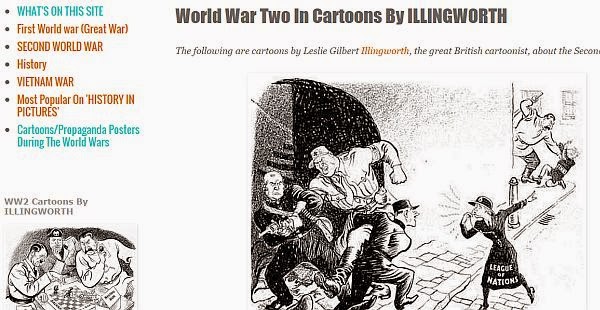“Whenever in future wars the battle is fought, armored troops will play the decisive role.”
“If the tanks succeed, then victory follows.”
Generaloberst Heinz Wilhelm Guderian remains an enigma who frightened the armies of Europe
to death and who deeply disturbed the conservative, disciplined circle of the German military
profession. On the one hand he rejected the conduct of anonymity demanded of a member of the
General Staff by becoming an arch publicist of radical ideas, one who was in the forefront of a
furious debate which introduced schisms into the political, as well as the military sphere. To the
world at large he came to personify the archetypal, single-minded Prussian bent upon war. To the
German people, however, in his heyday, he was a hero—and worshipped by the soldiers too. On
the other hand, powerful adversaries within the Wehrmacht regarded him as a threat to the
sanctity of their caste, while to influential members of the Nazi hierarchy he represented much
that was repugnant to them about Army officers, even though, at times, he seemed closer to their
way of thinking than most of the General Staff. And of them all, nobody seemed more confused
in his relationship with Guderian than Adolf Hitler himself.
From: Guderian: Panzer General by Kenneth Macksey
Guderian quoted in 1919 at the depths of a shattering revolution: 'May the day be dark, may the sun shine bright. I am a Prussian and a Prussian I will be', adding 'Everything now depends upon keeping the oath. Germany would go under if everybody were to say: "Not I, others can do it". Everybody who has the smallest sense must say instead, "I will help".'
On 21st May 1940 a travel-stained German general, short in stature but powerful in enthusiasm,
drove into Abbeville and gazed out across the English Channel. At the end of 'this remarkable
day', as he described it, he basked momentarily in the realisation of a dream because, in and
around the precincts of the town, the army corps of his creation, strong in armoured vehicles,
held undisputed possession by right of conquest at the culmination of a performance which was
unique in military history. With scarcely a pause the German tank force had fought its way
through the intricate Ardennes, breached a fortified river-line and defeated a major portion of the
enemy's best troops as it cut a swathe through France. Still quite fresh, it had taken Abbeville
practically unopposed because, at the end of an advance of nearly 220 miles in eleven days, it
had, by the sheer speed of its progress, left the opposing forces far behind. The Anglo-French
and Belgian armies, which the Germans had so comprehensively outpaced, lay broken in their
trail: the rest of the Channel ports stood virtually undefended, ripe for seizing, and those outmanoeuvred
allied forces which still retained a measure of cohesion could only look on, aghast
in the realisation that they were on the verge of total envelopment.
A CONVERSATION BETWEEN BECK AND GUDERIAN IN 1934
Beck: How many of these (Tank) divisions do you want?
Guderian: Two to begin with, later 20.
Beck: And how will you lead these divisions?
Guderian: From the front—by wireless.
Beck: Nonsense! A divisional
Standing proudly beside Hitler on the balcony in Linz when the Führer addressed the people,
Guderian was deeply moved by this reunification of German nationals (Anschluss). So, too, was Gretel (Guderian's wife) whose emotions overflowed in a letter to her mother:
'One can as yet hardly believe that Austria has become German. One Reich, one people, one
Führer. He who does not understand that Hitler is a very great man and leader cannot be helped.I am deeply moved and cried for sheer joy ... I felt tremendously proud that my husband was permitted to experience this historic event in close proximity to the Führer. The Führer on several occasions affectionately pressed his hand and was very pleased with the surprisingly quick march through Austria. The achievement of the Panzertruppe was specially praised.' And then she got ready to lead the wives of the garrison to welcome Austrian troops with flowers when they arrived for training in the German method.
Nowhere does Guderian show remorse for the Poles. It would have been surprising had he done so. Poland was an excrescence to many Prussians, a nation which had come into being at the expense of the tribal homeland. Since 1918 they had posed a constant threat to Germany's eastern frontier:
Guderian was a modest person who, was uncomfortable in the glare of publicity. In letters to his wife, this outstanding modern leader (as Field Marshal Kesselring rated him) deprecated the adulation of General Erwin Rommel generated by Goebbels's Propaganda Ministry. As a fervent believer in the rules of the old great General Staff, he adhered to the tradition of "Achieve much, appear little" by maintaining a low profile while a staff officer. Yet, once given command, he was quite unable to suppress his natural charisma and strong opinions when thrusting ahead with revolutionary matters, regard-less of controversy and, sometimes, obedience.















































